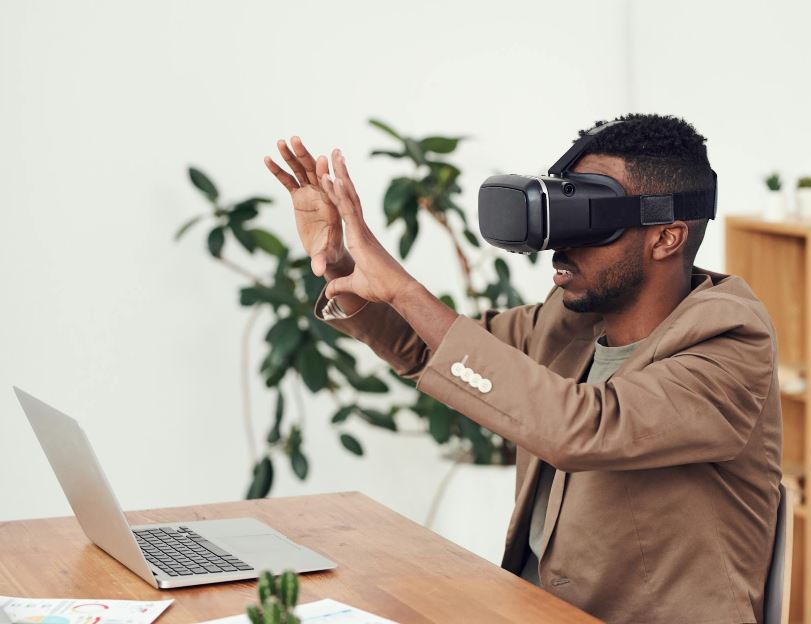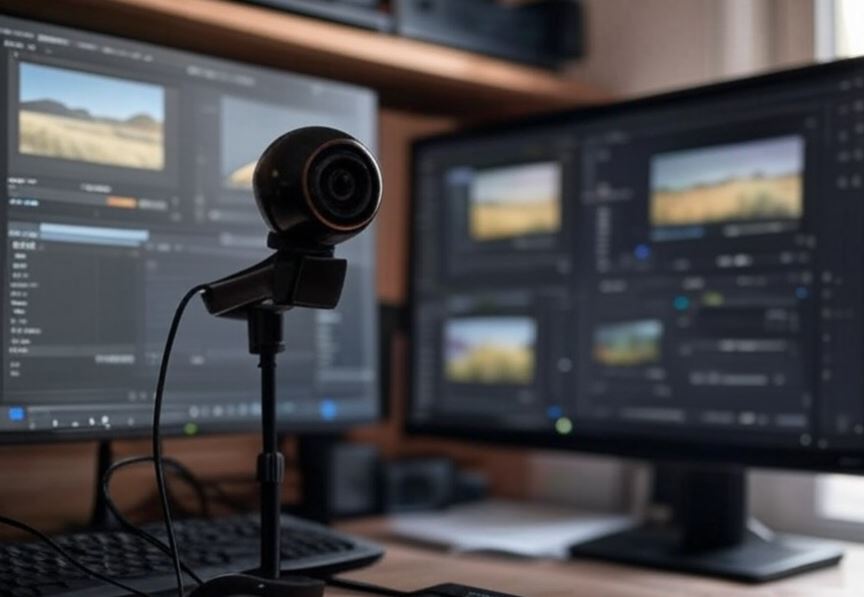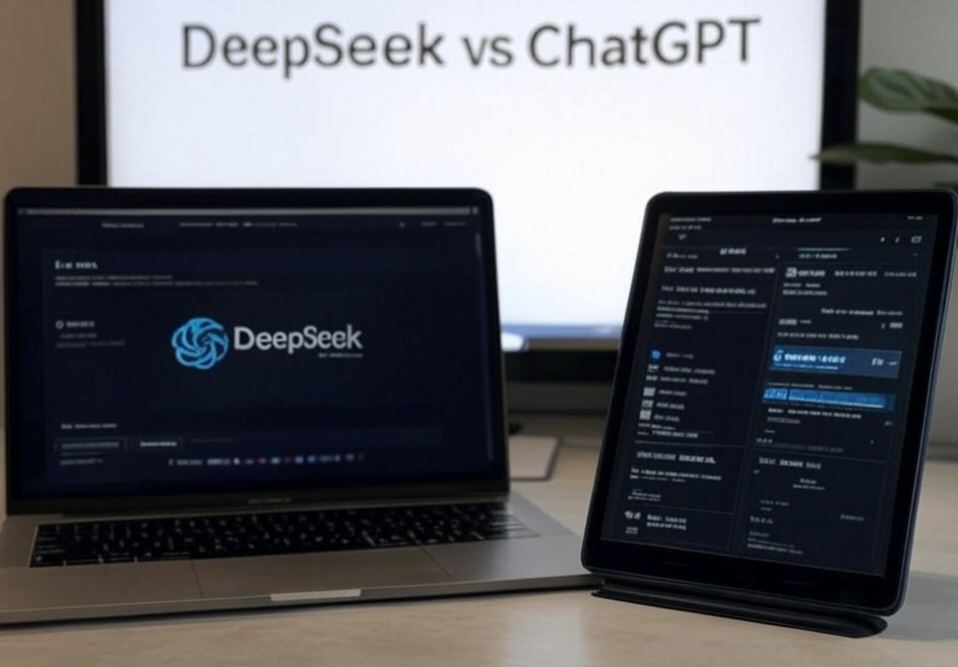
The advent of virtual reality training tools has revolutionized the way industries approach employee education and skill development. These tools utilize immersive technology to simulate real-world scenarios, enabling trainees to learn and practice in a controlled, risk-free environment. As organizations strive for efficiency and effectiveness in training, virtual reality (VR) has emerged as a game-changer, offering solutions that are not only highly engaging but also tailored to specific learning objectives. Companies like Mazer are leading this transformation by providing innovative VR training platforms designed to meet the needs of diverse industries.
The unique benefits of virtual reality training tools
Virtual reality training tools stand out due to their ability to create realistic environments that replicate the complexities of actual job tasks. Unlike traditional training methods, which often rely on static presentations or theoretical lessons, VR immerses learners in interactive scenarios. This immersion fosters a deeper understanding of concepts, as trainees can actively engage with their surroundings, experiment with different approaches, and witness the outcomes of their decisions in real time.
For industries that require precision and safety, such as healthcare, construction, and aviation, VR training tools are invaluable. Medical professionals, for example, can practice complex surgical procedures using VR without risking patient safety, while construction workers can familiarize themselves with hazardous environments before stepping onto a job site. The ability to repeat scenarios and refine skills enhances confidence and competence, preparing trainees to handle real-life challenges with greater ease.
Cost-efficiency and scalability
Virtual reality training tools also offer significant cost advantages compared to traditional training methods. Developing and maintaining a VR training system may involve an initial investment, but it eliminates recurring expenses associated with physical resources, instructor fees, and travel. Once created, VR modules can be reused indefinitely, making them a cost-effective option for ongoing training programs.
Scalability is another strength of VR training tools. Organizations with a global workforce can deploy VR solutions across multiple locations, ensuring consistency in training quality. Platforms like those offered by Mazer are designed to cater to these needs, providing scalable and customizable VR tools that address the specific requirements of different industries. This flexibility allows businesses to adapt their training programs as they grow or face new challenges.
Data-driven insights and engagement
One of the most compelling aspects of virtual reality training tools is their ability to provide measurable outcomes. Modern VR systems incorporate data analytics to track trainee performance, offering insights into areas such as task completion times, error rates, and decision-making patterns. Trainers can use this data to identify strengths, pinpoint areas for improvement, and tailor future training sessions accordingly.
Moreover, VR’s interactive nature makes it inherently engaging, capturing learners’ attention and sustaining their interest. This heightened level of engagement leads to better knowledge retention and a more enjoyable learning experience. By leveraging these advantages, companies like Mazer are redefining the standards of corporate training, offering tools that not only educate but also inspire.
Shaping the future of training
Virtual reality training tools are transforming the landscape of professional development, offering solutions that combine realism, efficiency, and adaptability. As industries continue to embrace VR, the potential for innovation in training is limitless. With pioneers like Mazer driving advancements in this field, the integration of virtual reality into education and workforce development is set to become a standard practice, empowering organizations to achieve greater success through cutting-edge training methods.
Tips on SEO and Online Business
Next Articles
Previous Articles









